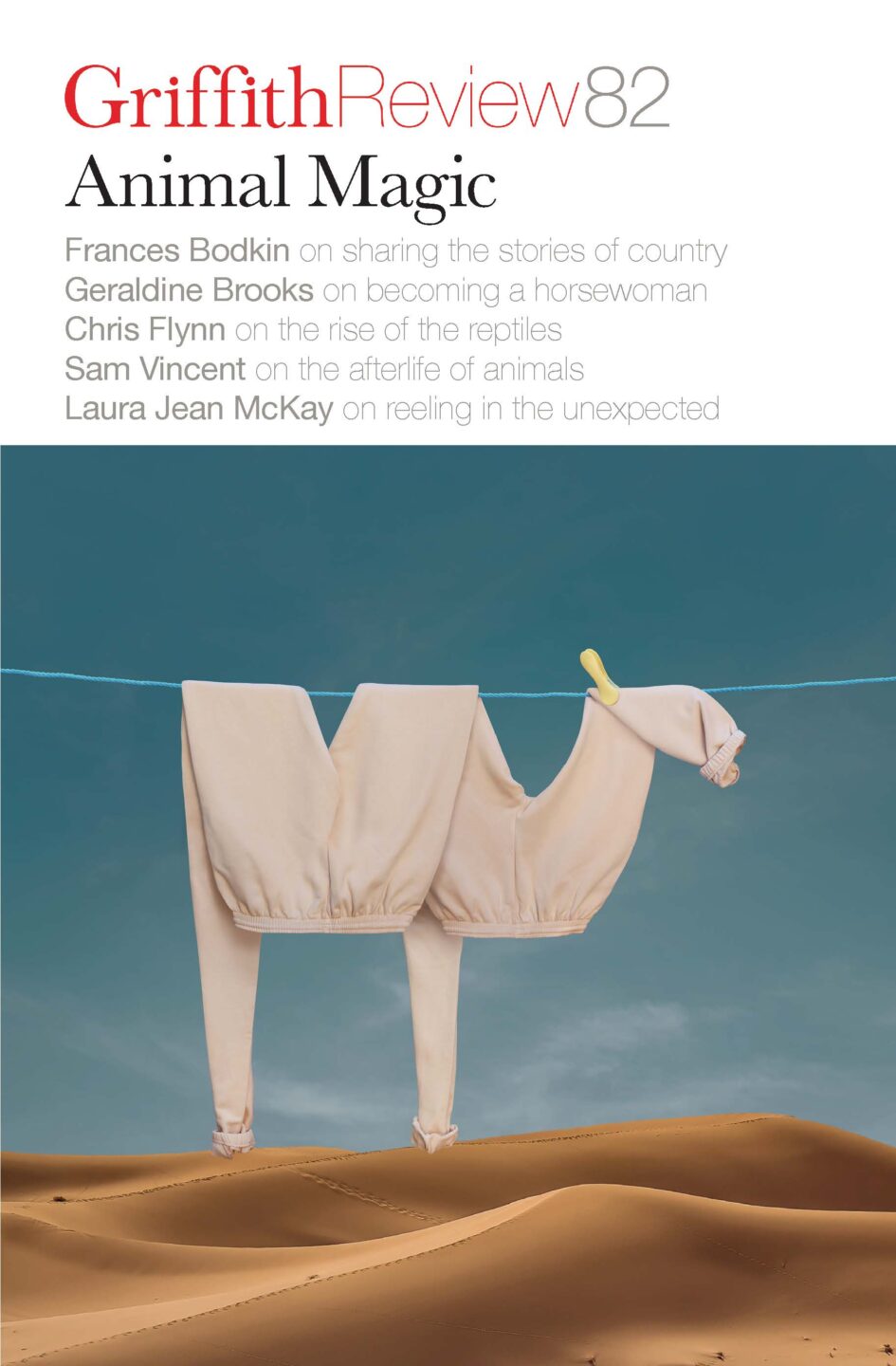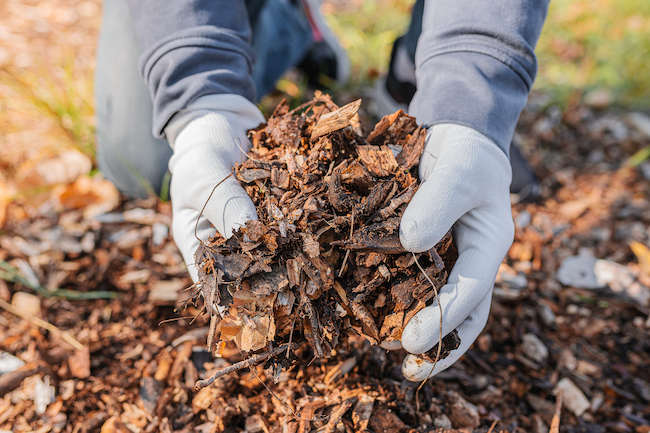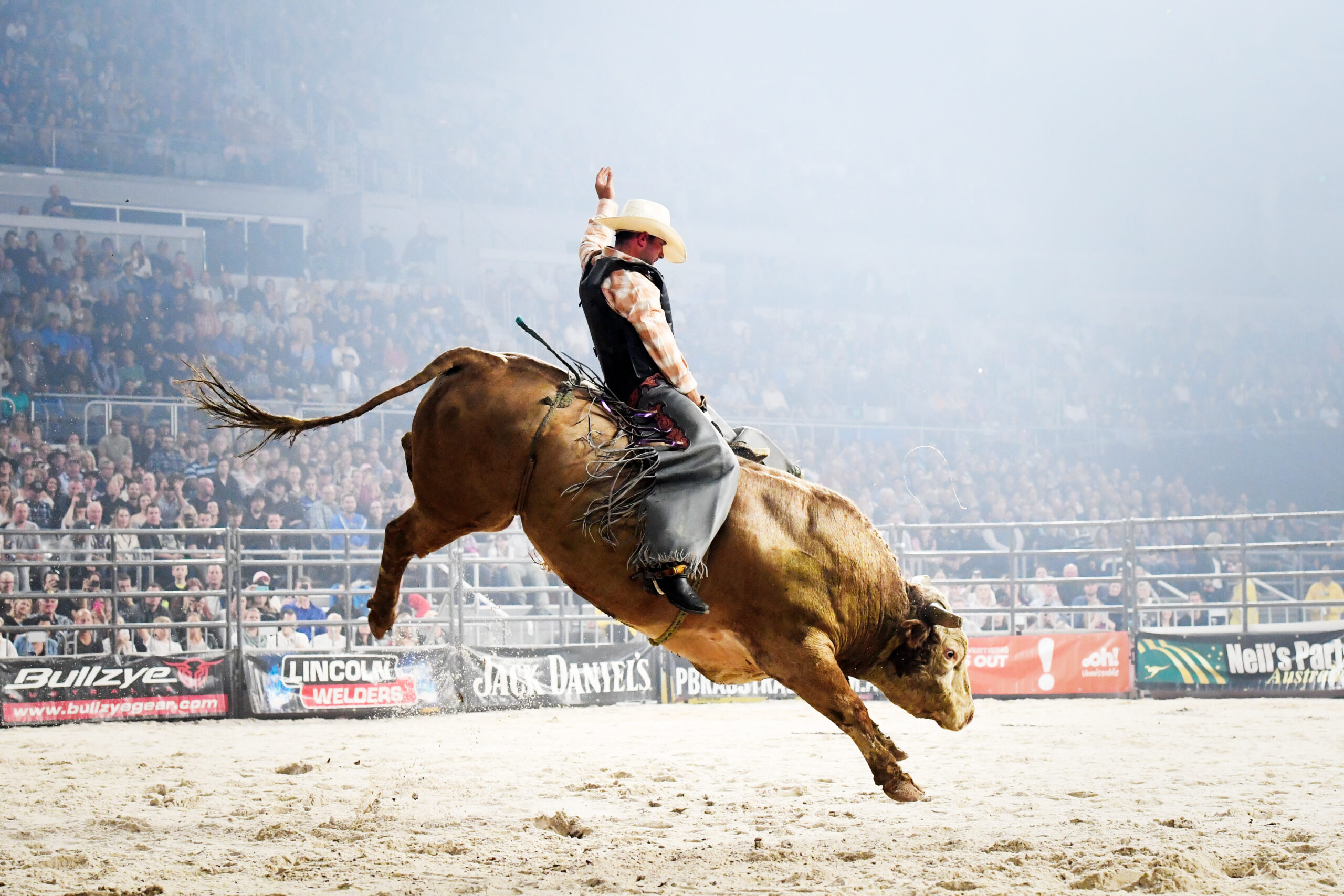Featured in

- Published 20231107
- ISBN: 978-1-922212-89-4
- Extent: 208pp
- Paperback, ePub, PDF, Kindle compatible


Already a subscriber? Sign in here
If you are an educator or student wishing to access content for study purposes please contact us at griffithreview@griffith.edu.au
Share article
More from author

Peasant dreaming
MemoirI’m currently doing a course on holistic farming near the southern New South Wales town of Braidwood. I had expected it to be full of ruddy-cheeked cattlemen in their forties and fifties; instead it is mostly people like me, tertiary-educated thirtysomethings who want to grow their own food to nourish their vocations. We are writers, a ceramicist and a filmmaker; a market gardener with a background in conservation; the manager of a local farmers’ market and her partner, who feeds his chooks on maggots from roadkill kangaroos.
More from this edition

Before I forget again
Poetry I am a ceramic horse in kintsugi fields. Shards shred my tongue to gold rivers. Cracked and crazed – from fire gallops beast. Memory slips lapis lazuli. I break curses, gather spells. Nudge fresh letters in water troughs – watch words bob – shiny new apples to crunch.

felix and jango
Poetry two black cats patrol our street felix and jango I can’t tell them apart when I see one of them walking past I say, ‘hey felix or jango’ they...

Easy rider
In ConversationMy first bull-riding job was a portrait of a young rider named Ian ‘Irish’ Molan from Cork, Ireland, for the upcoming event in Darwin that weekend. I attended the event that weekend and photographed behind the scenes and focused on Ian Molan in action. When it was the Irishman’s turn, he was thrown off the bull, who stomped on the rider’s chest repeatedly. I thought Ian was going to die. The bull was relentless.